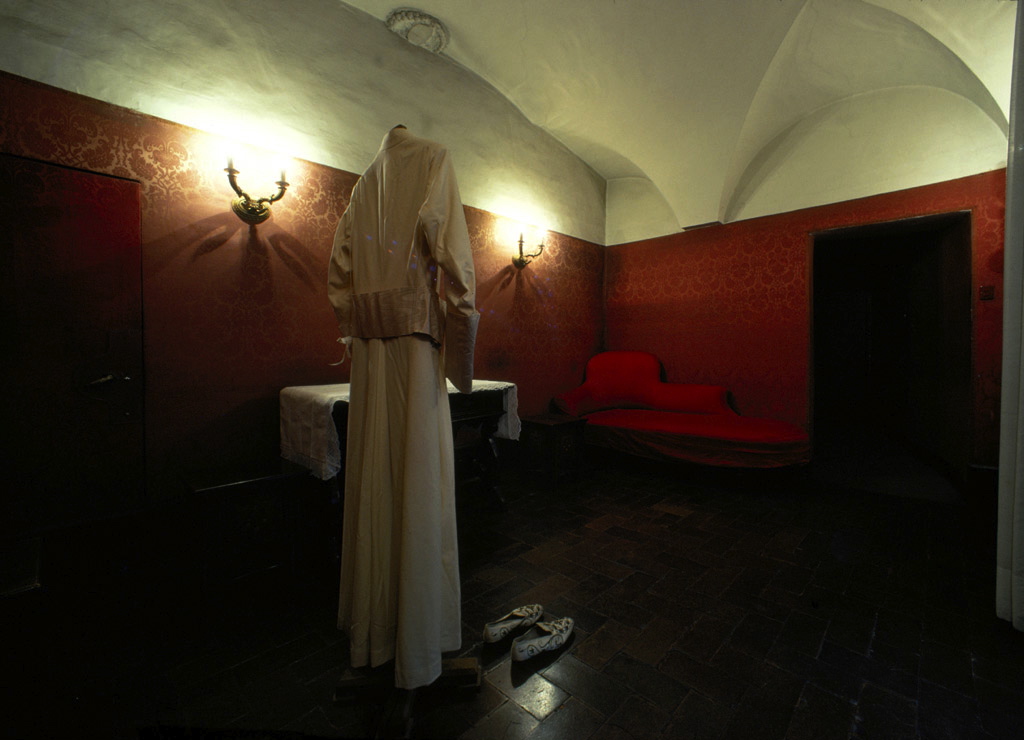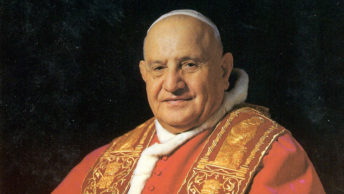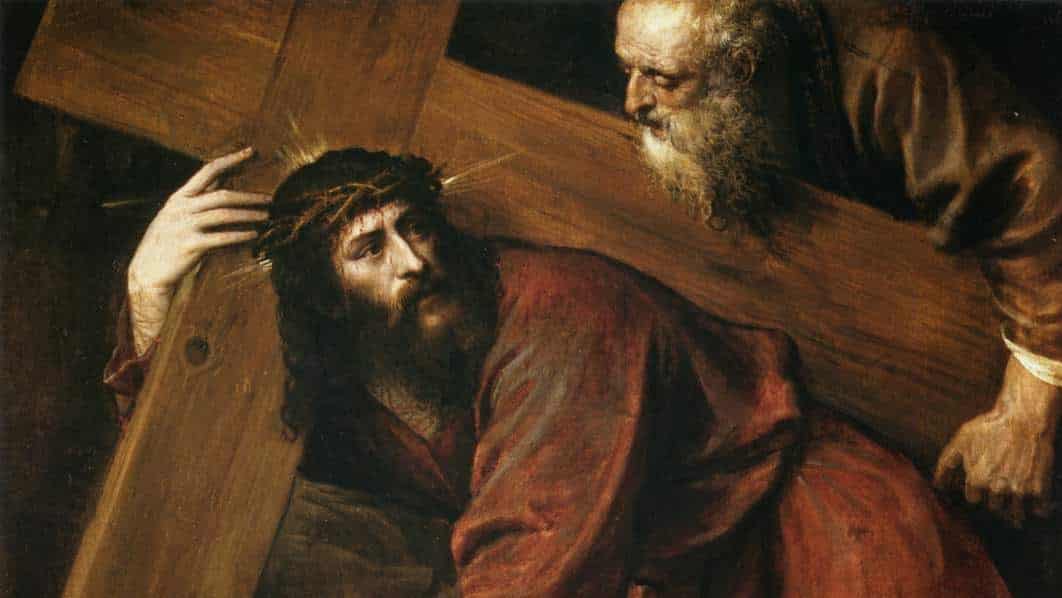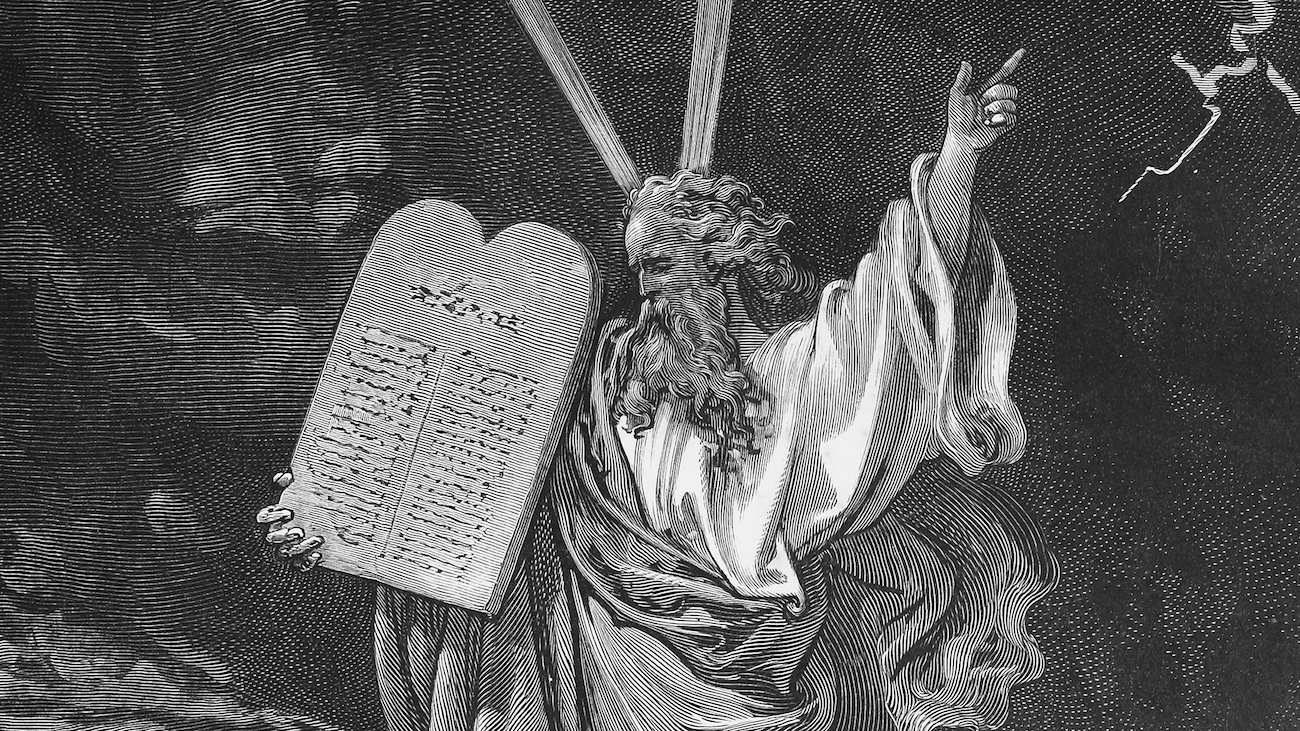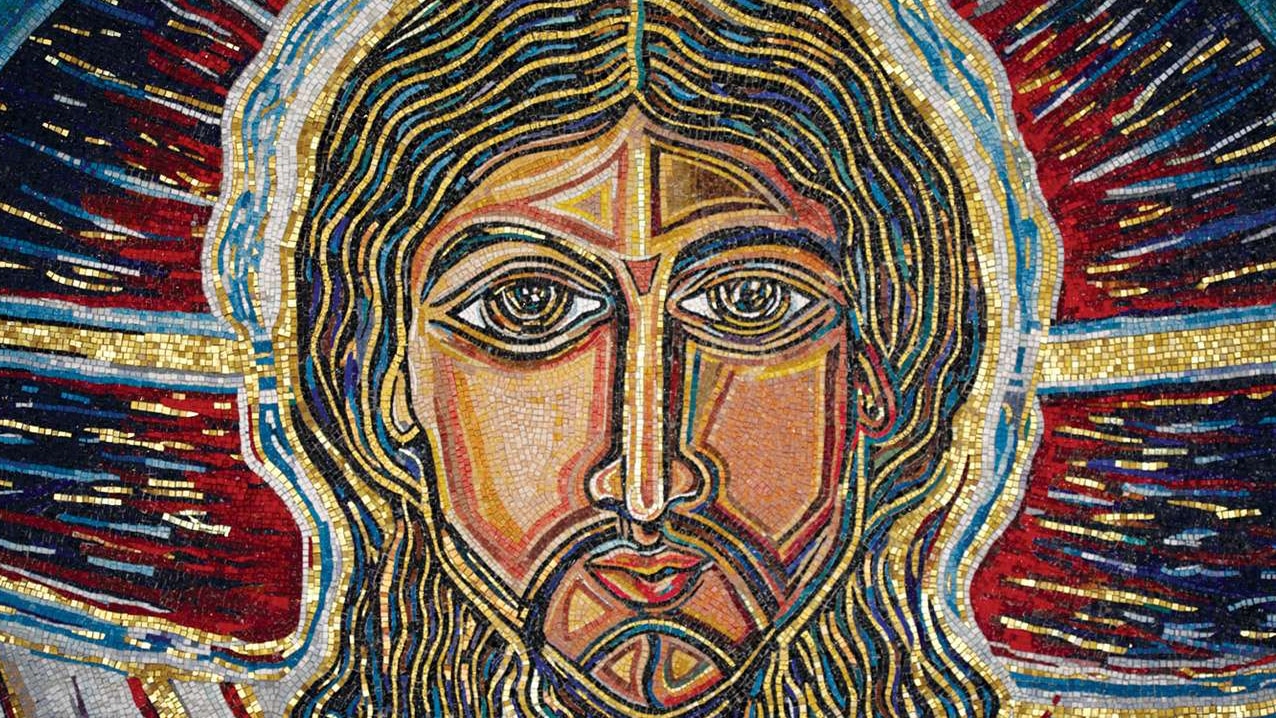Jesus went into the region of Caesarea Philippi and he asked his disciples, “Who do people say that the Son of Man is?” They replied, “Some say John the Baptist, others Elijah, still others Jeremiah or one of the prophets.” He said to them, “But who do you say that I am?” Simon Peter said in reply, “You are the Christ, the Son of the living God.” Jesus said to him in reply, “Blessed are you, Simon son of Jonah. For flesh and blood has not revealed this to you, but my heavenly Father. And so I say to you, you are Peter, and upon this rock I will build my Church, and the gates of the netherworld shall not prevail against it. I will give you the keys to the kingdom of heaven. Whatever you bind on earth shall be bound in heaven; and whatever you loose on earth shall be loosed in heaven.” Then he strictly ordered his disciples to tell no one that he was the Christ. (Mt 16: 13-20)
This past summer, I had the opportunity to travel with my family to Virginia. Given that our destination was set for Jamestown, Yorktown, and Williamsburg, I excitedly pointed out to my daughters the great history we would be venturing into: colonial settlements, revolutionary battles, and independence. But as their heads nodded, I knew that what really excited them was not the settlements and battle sites, but rather the opportunity to ride the roller-coasters at Williamsburg’s Busch Gardens. For me? I looked forward to seeing the places that I had read about since grade school. And given that I would be driving, I also relished the drive into the beautiful Shenandoah Valley and the spectacular views of the Blue Ridge Mountains.
Leading up to our trip, I had researched the internet for places to stay, especially the hotels with a mountain view. For that first evening, I settled on Winchester, a place that America’s first president called home during his early years. It was also reachable in about nine hours of driving, leaving just a short three-hour trip to reach Williamsburg the next morning.
And we were off… With the GPS guiding my every turn, we finally made it into Winchester. In just a few short miles, the lady on the GPS noted that I would soon be turning into the drive of the hotel where I would find the beautiful mountain view promised me by the internet pictures. But as I pulled in, chuckles began to emerge from my side and the back rows. And in a short moment, I heard my tweenager’s voice perk up:
“Great view, dad. I really like the view of Costco.”
After composing myself, I responded that “I guess you can’t believe everything you see on the internet, and, by the way, once we’re in our fourth floor room, we will be able to see that mountain.”
From our study of Scripture, we know that high places are important. After all, it was on Mt. Sinai that Moses was given the commandments. Likewise, the longest teaching in the New Testament is given by Jesus in the Sermon on the Mount when He gives us the beatitudes: attitudes that stretch our ideas of the commandments and lead us deeper into the mystery of God. And so, we should not be surprised that something special and significant is happening here. For in coming into Caesarea Philippi, a city that Philip the Tetrarch built and named in honor of Caesar Augustus, one would have found a city near cascades in the Jordan River with a gigantic wall of rock about 200 feet high and 500 feet long which was part of the southern foothills of Mount Herman. This was the backdrop!
In asking the disciples the question (“Who do you say that I am?”), a litany of answers are given: John the Baptist, Elijah, Jeremiah, or one of the prophets. It was though Jesus were in a room filled with endless chatter and noise, until He quietly turned His head toward Peter, looked him in the eyes and asked him the very same question. With the others now silent, Peter responds: “You are the Christ, the Son of the Living God.” Like Eliakim, who in Isaiah (22:19-23) was elected to exercise headship over Israel, Jesus hands over to Peter divinely-given authority. From that moment on, Peter was changed, becoming the Rock upon which the Church would be built and given the keys to bind and loose.
Life changing, wouldn’t you say? In reflecting upon this very Gospel passage, the Venerable Solanus Casey once noted that…
“God could have founded the Church and left it under the supervision of angels that have no human faults and weaknesses. But who can doubt that as it stands today, consisting of and under poor sinners- successors of ignorant fishermen- that the Church is a more outstanding miracle than any other way.”
Think about how surprised Peter must have been to have the Lord turn to him and speak those words, to put him in charge, to change his name, and to indicate that he was to be the Rock that the earthly Church would rest upon. At a certain level, he must have been terrified, so much so that his humanity was informing him that he should refuse; that he was unworthy and incapable of living out such a new reality. But in humility, he stepped forward, placed his trust in Jesus, and became someone he could never have imagined.
After a papal conclave, when a new pope is selected from among the cardinals gathered, the “elect” is led into a room known as the “Room of Tears.” It is there that the cardinal is left alone to change into his papal garb; to reflect silently, choose a name, and finally, emerge as someone distinctly different than before his election. For he has become the next successor in the line of Peter, to be Rock for both the Church and the world.
And how about us? Where do we fit into this? While most of us are not likely to be elected pope, each of us is called by the same Lord that spoke to Peter, and are asked that very same question: “Who do you say that I am?”
Now on the day of our baptism, we were consecrated and inserted into the Paschal Mystery; plunged beneath the waters to die with Him in order that we might be cleansed, given new life, and the promise of rising with Him through the resurrection. But what about the months and years following that blessed day? Have we heard Him call us? If so, what has been our response? Have we taken Him up on His offer of friendship? Have we faithfully followed the vocation He has given us? Have we pursued a specific way of living out the unique gifts He has given us? Or have we told Him, let’s talk later?
If we have done the latter, that we’ll change at some point in the future, on our terms, can we really say that Jesus is the true driver of our lives? Or does something or someone else sit behind the wheel? Perhaps it is our quest for money and possessions or simply a desire to be in “control” while keeping the Lord at an arms distance. And frankly, if that is the case, we truly are missing out on the most important purpose of our life.
For if we think about Peter’s profession of faith, we must acknowledge that after making it, he was given a task; in his case, to be the Rock upon which the Church would be built. He was the divinely-instituted stone that others would follow. Did you know that Pope Benedict XVI is the 264th successor of St. Peter? At a papal conclave, once someone has received the required number of votes, white smoke from the burning ballots signals that a new pope has been elected. It is then that the dean of the College of Cardinals asks the one chosen,
“Do you accept your canonical election as Supreme Pontiff?”
When he answers, “Accepto,” that is, “I accept,” he is then asked, “By what name do you wish to be called?” Upon declaring his choice, he is taken into that “cry room” (Room of Tears) to don for the first time white cassock and zucchetto, or skull cap, of a pope.
The reality is that, like Peter and his successors, we too have been called and chosen. During these dog days of August, as we enjoy the last drops of summer, may we ponder that call. What is Jesus saying to us? And most importantly, what has been our response thus far? Have we approach His overtures with humility and said, “Yes, Lord, you are the Son of the Living God, give me the courage to follow you in order that I might be a rock of faith for others?” Or, have we sat in unbelief that the Son of God, at this very moment, is calling us to not only profess Him as Lord, but to serve Him in ways that we cannot begin to understand?
And so, as we turn to the altar for the Sacrifice of the Mass and to the One who offers himself up and saves us; in humility, may we, like Peter, hear Him speak to us in the depths of our hearts. And may our heartfelt response be like the call and response of Samuel: “Here am I Lord, I come to do your will.”

